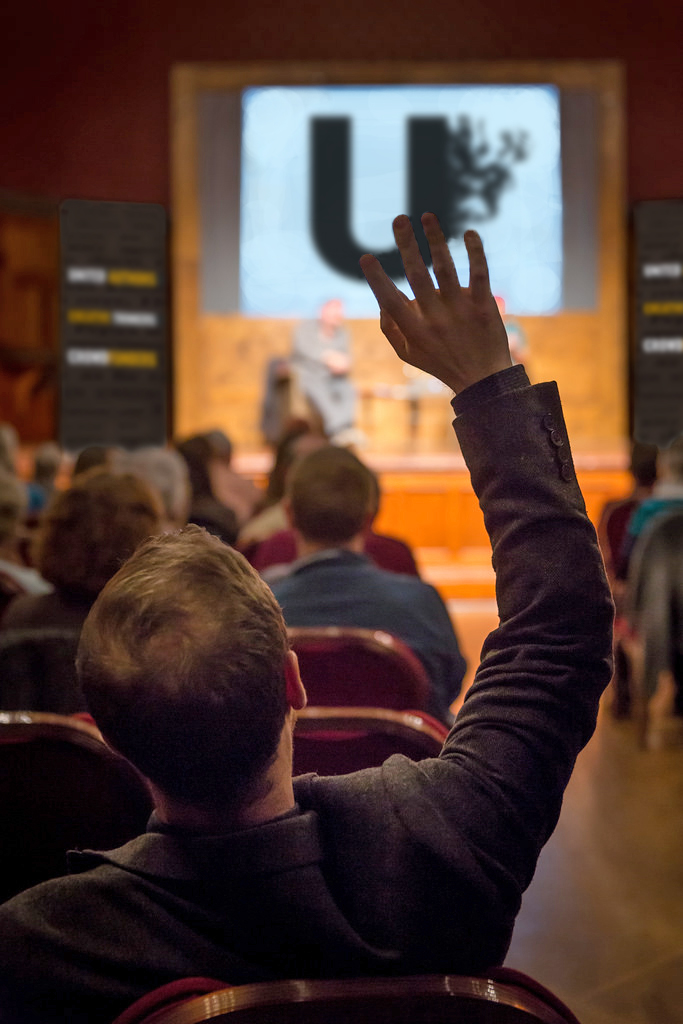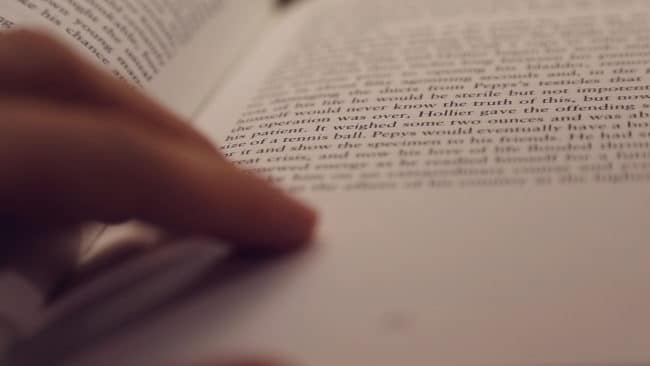…or
THE FIRST POST IS THE LONGEST
One of my great literary heroines, Margaret Atwood, replied to a would-be author on twitter that all it took to be able to call yourself a writer, was to write. While the logic of this is undeniable, I appreciate where both the anxious tweeter and the published author were coming from. Writing is something that most of us who do it feel compelled to do, whether there’s a paycheque after the last full stop or not. Whether anyone reads your work, or considers what you have written worth reading.
I have always thought of myself as a writer, from my first schoolgirl composition about the highs and lows of pet-ownership. Often this was more “writer-in-waiting” or “writing anything for any kind of money still makes you a writer,” but becoming a published author was always the aim.
For a few years, my head was turned by the footlights and I flirted with the stage and screen. A degree in Drama from Bristol Uni, six weeks at the English Theatre of Hamburg, a blink-away scene with a future James Bond and reading the weather report on Hong Kong TV being the pinnacles of that ambition. The key frustration, apart from questionable ability and an excess of competition, was a lack of satisfying roles for women. I began to wonder whether I wouldn’t be more useful and fulfilled by writing a few?
In between various gigs in media and marketing – from contributing to an ‘underground’ magazine to running my own PR company – I have always written for pleasure. Perhaps a weekend poem to stave off creative atrophy, or long-form fiction when the motivation moved me. Full of the confidence of youth I attempted my first novel twenty years ago. What I had in hubris, I had yet to acquire in experience, skill or a clear understanding of what I wanted to write about, and how. I received some very encouraging rejections urging me to keep at it, but heads require roofs over them – and mine was turned once again by a steady job in copywriting.
Evolution intervenes
While appreciative of all those articles and press releases that helped to pay the mortgage, as with any writer there remained an urge to feed the soul as much as the body. If one novel is lingering in developmental limbo, start another. Write a shot story. Keep thinking. And at last a new idea began to form, bubbling with potential in some primordial narrative pool.
So one Sunday, instead of a poem, I set down the first line of Bone Lines. I did not know at the time that it would become Bone Lines. (In fact for quite some time its working title was Dear Mr Darwin.) I knew where it would begin and how it would end, who would populate it and what it would concern but it was always something that was destined, once the right conditions were in place, to evolve of its own accord. (Forgive me, Charles.)
Fascinated by what makes us who we are, as individuals and as a species, I have often questioned the source of our ingenuity and endurance, and why our curiosity and capacity for reason is as powerful as our apparent need for faith. In terms of the story, a dual timeline of survival and discovery, the plot developed from a simple ‘what if?’ and the book continues to pose questions rather than answer them. But while it spans the space from speculative fiction, or soft sci-fi, though (pre) historical fantasy to literary fiction – and covers themes from science to spirituality – the book’s fluidity aspires to be enjoyed from any position, or prior interest, along that spectrum.

Of patience and processes
If the first draft came out at a sprint the rest of the process was more the proverbial marathon. Written and edited at weekends, over eight years and between major life events, put down, picked up again, dogged by doubt, thrilled by emergence, the book became not only a passion but a necessity. And both the angel and the devil on my shoulders.
Why had I chosen as context a field I was not remotely qualified in, one in which the ground was constantly shifting? (One so potentially divisive.) What made me think I could do any of this? Why wasn’t I doing only this instead of having a life and paying the bills? What the hell was I thinking by that comma?
I wondered if it wasn’t all a middle-aged fantasy. After all, being published as an unknown author with a book written to address my own drives and interests (even in the hope that others would also be intrigued or inspired) rather than embracing hard market realities seemed the definition of a pipe dream.
Rather than abandon all the time and love put in, however, I chose to invest even more (and also divert some holiday money) to source an objective opinion from a professional editor. Working with Dr Stephen Carver through The Literary Consultancy was the best decision I could have made, but despite his transformative mentoring, despite his keen encouragement, I nurtured doubts about becoming published the old school way. I had little spare time or patience to shop my book around, and no contacts, no profile. Self-publishing was a valid possibility, if both a lonely and brave road to travel, especially for a debut.
Boundless possibilities
Then, persuaded by a dear friend and early reader to keep thinking of myself as a writer, I signed up for the Marie Claire magazine novel-writing weekend. There I discovered that the traditional route of ‘agent first’ is not the only path for authors hoping to work with a reputable publisher. There I discovered Unbound. I tweaked the manuscript some more, submitted it directly to Unbound’s editorial selection process and was accepted. Yay!
Except, the story nearly ended before it began. With an automatic finger, I had deleted the email as spam before a small voice niggled within, “did not that subject line contain the word Darwin?” Blimey. There in my digital trash was the invitation I had imagined since devouring my first novel and vowing that I would publish my own one day. “We would love to work with you,” said Unbound.
(And when they said work, they meant it.)
After the initial gobsmacked euphoria came the realisation that I would have to plead for patronage in order to spread the publishing risk and cover production costs. I, with the help of Unbound, had to sell the possibility of my book before it was a proper in-your-hands book. And I hate selling. But wait…wasn’t that what Samuel Johnson did with his dictionary? How Milton found paradise? Didn’t Jane Austen support another author in this way? Dickens may not have crowdsourced but he did serialise in order to fund his books.
I am not going to pretend that crowdfunding was easy but it was excellent preparation for becoming an author in the new world of bookmaking. This is tough, soul-testing stuff. Trial by self-promotion. It’s about putting yourself out there for rejection or ridicule (or worse, being ignored by people you thought liked you.) It asks how much you really want this. Polishes your sense of purpose with the coarsest of sandpaper. Teaches you what this ‘being a writer’ business is all about. Ultimately – those pioneering reader/supporters be praised – it allows you to become an author. And unless you have felt the way that tweeter did when she unburdened herself to Ms Atwood, it’s a satisfaction (and terror) that’s hard to appreciate.
Now you can call yourself an author, but what next? You have to keep being a writer. Keep making those books and then keep talking about them. The pitch doesn’t end with the publisher but reshapes itself to please the blogger, the reviewer and the holy grail of you, the reader. And on that note, Dear Reader, Bone Lines is out in e-book and paperback in September 2018, and special editions are available for pre-order now. If you’d like to hear more ‘live’, I will be participating with other Unbound authors at a couple of literary events in October.
Before you go, may I thank you for your time – a thing not taken lightly. And in advance, for any time you may spend reading Bone Lines. If you do buy the book and enjoy it, please consider reviewing it where you bought it, or on goodreads, as new books and authors need all the online love they can get. Thank you!
WIN A COPY OF BONE LINES
How? Join Stephanie’s mailing list between 10 February and 30 April and you’ll be entered into a prize draw to win a signed, personally dedicated first edition paperback of Bone Lines.
And all subscribers will receive news, blog updates and subscriber-only specials. So please sign up. It only takes a couple of clicks and you can unsubscribe at any time…

